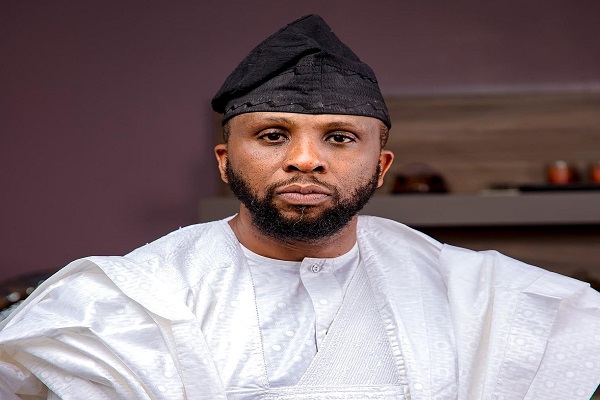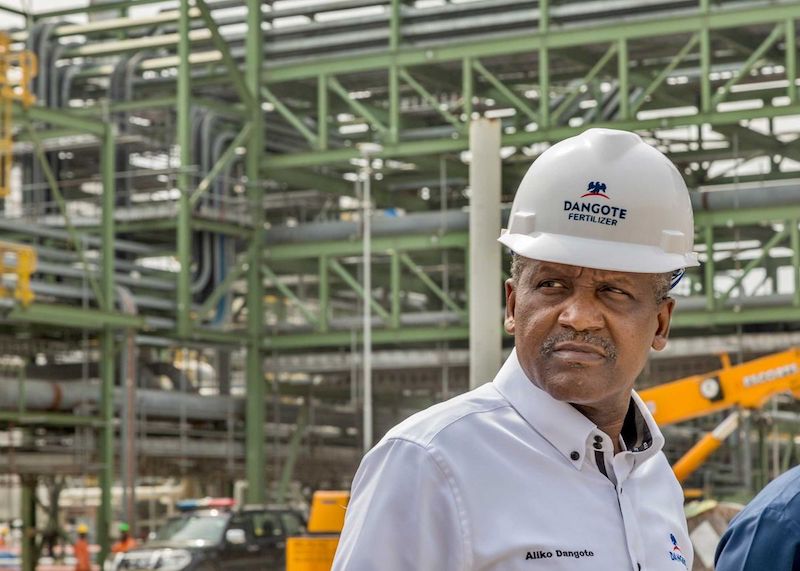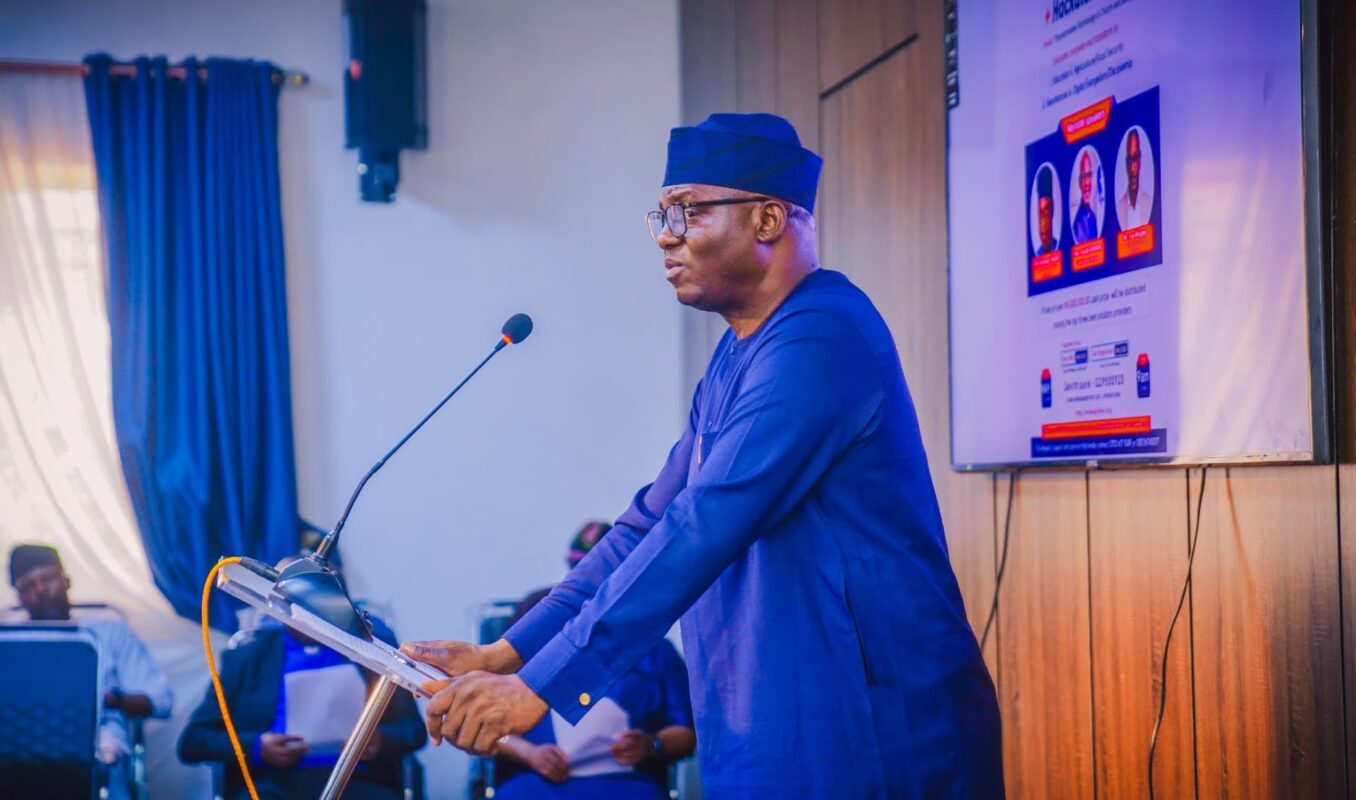The Chairman of the House of Representatives Committee on Solid Minerals, Jonathan Gbefwi, disclosed on Monday that illegal mining activities in Nigeria are costing the country approximately $9 billion annually. This revelation was made during an investigative hearing organized by the committee in Abuja.
Gbefwi lamented that only a meager 3 percent royalty is paid into government coffers by the few miners licensed to operate legally across the country. He emphasized the significant financial losses Nigeria faces due to unregulated and illicit mining operations.
“The parliament is deeply worried about the loss of revenue through unregulated and illicit mining operations. The Federal Government has disclosed that unlawful mining costs the country $9 billion each year, with the only money coming from a 3 percent royalty paid by the few licensed miners,” Gbefwi stated.
The investigative hearing aimed to address various issues, including under-reporting of extractive products by mining and quarry license operators, utilization of financial interventions in the Nigerian solid minerals sector amounting to trillions of naira, and proposed amendments to the Nigeria Minerals and Mining Act and the establishment of the Nigeria Solid Minerals Development Company.
Gbefwi, representing Karu/Keffi/Kokona Federal Constituency, Nasarawa State, underscored the adverse effects of unregulated exploitation of natural resources. “The unregulated exploitation of our natural resources jeopardizes the sustainability of the mineral sector, leading to environmental degradation and revenue loss that could otherwise benefit our communities and nation as a whole,” he noted.
The Chief of Defence Staff, Gen Christopher Musa, added a shocking dimension to the discussion by revealing that illegal miners are highly connected and often boast of their connections. “The involvement of the elites in it, we can’t tell, but we know that most of the time when we catch these foreigners, they will tell us that they have connections. I don’t want to say some things, but sometimes you hand these people over and the next thing they’re released,” he said.
Air Vice Marshal Nnaemeka Ilo, representing the CDS, highlighted the inadequacies in the current legal framework guiding mining in Nigeria and called for its strengthening. He pointed out the inconsistency in the enforcement of mining bans and licenses, citing examples from previous administrations.
“Despite that ban, mining licenses were being issued to people to mine in that zone. So the strengthening of the institutional framework is very key,” Ilo stated. He also called for tough sanctions on those involved in illegal mining and stressed the importance of addressing poverty and lack of education in mining communities.
Colonel Tajudeen Lamidi, representing the Nigerian Army, revealed that 387 individuals have been arrested in connection with illegal mining activities. He emphasized the need for decisive action and public examples to deter others from engaging in such activities.
The Speaker of the House, Tajudeen Abbas, represented by the House Leader, Professor Julius Ihonvbere, described illegal mining as a growing socio-economic challenge in Nigeria. He highlighted the devastating impacts on ecosystems and the increased poverty levels among peasant farmers.
“Various mining communities in Nigeria live in agonizing conditions, economically and socially, arising from years of neglect, various deprivations, and severe environmental degradation, air, and water pollution, arising from unsafe mining practices by illegal miners,” Ihonvbere stated.
He added that the unprecedented illegal mining across Nigeria has led to the destruction of farmlands, crops, and economic trees, thereby reducing their benefits and values to the residents.
The investigative hearing underscored the urgent need for a comprehensive approach to address illegal mining and ensure that the solid mineral sector operates within the framework of the law, protecting Nigeria’s natural resources for future generations.



